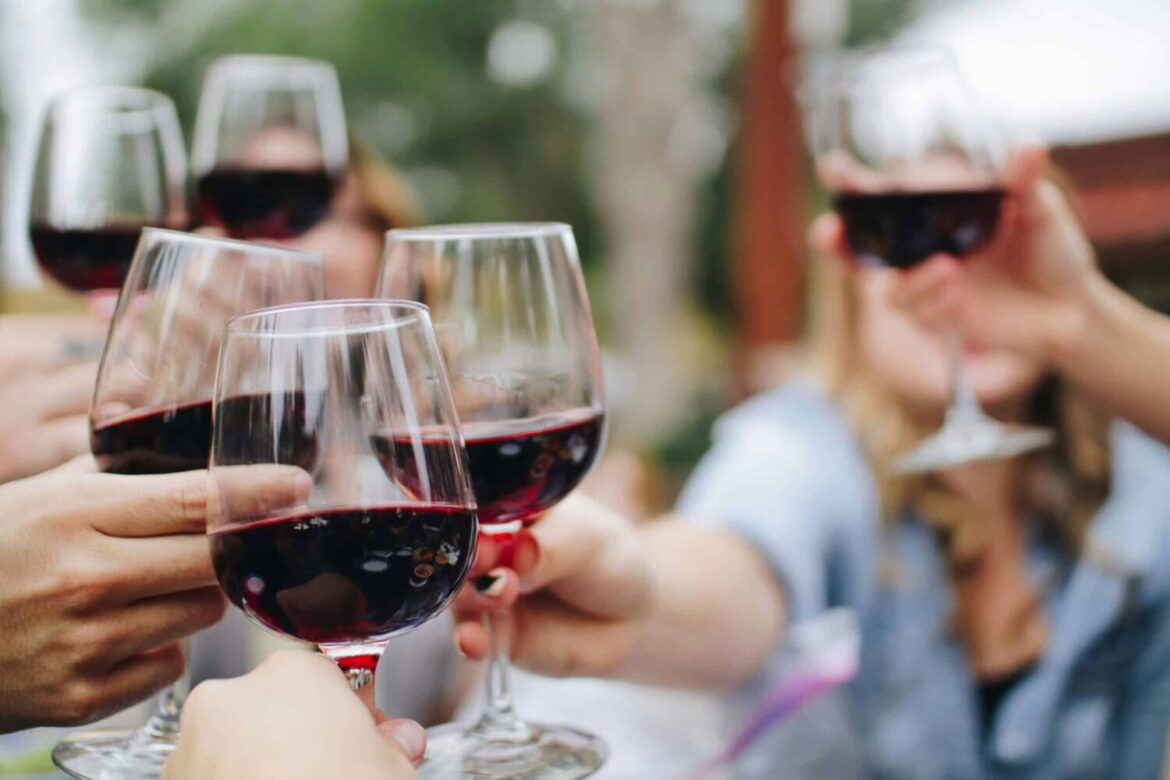Portugal Resident has conducted a vox pop of four Portuguese wine producers, leaders in developing the US market for Portugal’s wines (worth about 1 billion USD in each of the last three years), to discover their different views on the recent imposition of US import tariffs.
Producing wine, an agricultural product with huge cultural significance, is often a high-risk enterprise. Overproduction, refashioning of alcohol consumption patterns and climate change all stack up to make wine an extremely challenging business to be in. Now there are US tariffs.
Tariffs have been around a long time. Centuries before the current American President was throwing toys out of the play pen, the Mesopotamians, agile innovators, were leveraging their trade negotiations through tariffs to create ‘beautiful deals’. Much later, the British used the economic power of tariffs, back stopped by naval power, to extract profit from their vast Empire.
By the post-World War II period, with trade governed by the World Trade Organization (WTO) and more civilized trading arrangements such as the General Agreement on Tariffs and Trade (GATT) in force, an article on tariffs would not have been many people’s go-to reading.
That was until January of this year. A new American administration, almost overnight, turned tariffs into high drama, a punitive tool to be applied to friend and foe alike in a revolutionary and transformative mission to reshape every rule in the book of international relations.
At one point, Trump 2 even threatened tariffs of 200% on European wines and Champagne, part of a seemingly generalized aggression directed at Europe, and a level described by The Economist editor-in-chief, Zanny Minton Bedoes, as “kindergartenesque”.
In the end, the 200% tariffs were shelved. But the threat has left Europe’s wine industry with a nasty lingering taste and, since Trump’s so-called ‘Liberation Day’, on April 2, European wines imported into the United States are subject to a 10% tariff that, at the end of a 90-day period (end June), could potentially rise to 20% or possibly even higher.
Our vox pop panel of Portuguese wine producers:
Joana Maçanita (Maçanita Vinhos in the Douro and many other vineyards throughout Portugal);
Adrian Bridge (CEO The Fladgate Partnership, owners of premium Port brands including Taylor’s, and Ideal Drinks, a portfolio of premium dry and sparkling wines).
We asked the panel three questions:
What impact are the US administration’s tariffs having on your export business to the US?
William Wouters: “We’ve worked really hard over the years to introduce Baga and Bical from Bairrada to the US, hand-crafted wines made in low volumes. Every added cost hurts. It also puts pressure on our importers and distributors, who’ve been amazing in building the market for our wines.”
Sophia Bergqvist: “I’m sure the tariffs will have an impact on business, but so far it’s too early to tell what this will be.”
Adrian Bridge: “This has an impact on business from two different sources which are harder to mitigate: firstly, the US dollar has dropped about 10%, so we are hit directly to our bottom line by the foreign exchange. Secondly, this will provoke inflation and put a squeeze on American consumer wallets, so less disposable income for luxury products like Port or less visits to restaurants which will also reduce consumption.”
Joana Maçanita: “We are feeling quite significant agitation from our partner in the US market, concerned by the decrease in consumption of European wine as a consequence of the tariffs.”
What measures are you taking to mitigate and adapt to these tariffs?
Bergqvist: “We’ve absorbed half of the tariff and our importers the other half. It’s our strategy to have sales across the world and not focus on just one main market.”
Wouters: “We’re trying to support our partners as much as we can, including sharing the extra cost where possible, as we view this as a long-term relationship, not just a transaction. We think that authenticity still matters, even when the politics get tough.”
Maçanita: “The idea is to share and dilute the impact of the tariffs between the supplier, the buyer and the final consumer.”
Bridge: “We are able to make some adjustments to how our marketing funds are collected and spent, however we expect all our products to increase in price and US consumers will be paying more.”
How do you think the new business context created by US tariffs will develop for you?
Maçanita: “We’re experiencing a period of huge worldwide instability. This is impacting the consumption of wine. Tariffs will increase instability for the entire supply chain, with the producer, buyer and consumer all worried by the future. We believe the impact on Portuguese wines will not be bigger than the impact on European wines in general. We’re focusing on product quality and authenticity and what we can do for the wine business instead of spending energy on what we can’t change.”
Bridge: “A small producer in the current confused madness of international trade flows, we need to take stock of future potential demand and try to diversify away from the US. These new markets require long-term development, which means three or four tough years ahead, with cost cutting, staff reduction and business diversification.”
Bergqvist: “We’re hoping to pick up extra business in places like Canada, where we can perhaps replace a big hearty Californian red!”
Wouters: “We’re optimistic by nature – if we weren’t, we wouldn’t be growing centenary Baga! These kinds of challenges come and go, but what stays is the connection we’ve built with people who care about real wine.”
A final thought. At a time when the prevailing uncertainty is undoubtedly damaging to business, let’s savour the words of a wise American, Benjamin Franklin: “Wine makes daily living easier, less hurried with fewer tensions and more tolerance.”

